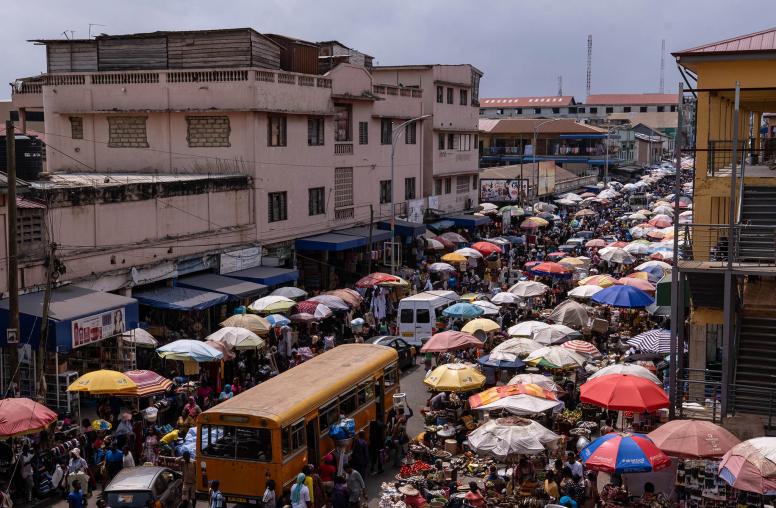Voting in Fear
Electoral Violence in Sub-Saharan Africa
THE USIP BOOKSTORE IS TEMPORARILY UNAVAILABLE
In Voting in Fear, nine contributors offer pioneering work on the scope and nature of electoral violence in Africa; investigate the forms electoral violence takes; and analyze the factors that precipitate, reduce, and prevent violence. The book breaks new ground with findings from the only known dataset of electoral violence in sub-Saharan Africa, spanning 1990 to 2008. Specific case studies of electoral violence in countries such as Ghana, Kenya, and Nigeria provide the context to further understanding the circumstances under which electoral violence takes place, recedes, or recurs.
"This comprehensive volume introduces state-of-the-art data that help focus debate and research on electoral violence in conflict. Featuring excellent case studies by prominent scholars, Voting in Fear is an accessible, well-researched book that offers thoughtful and realistic policy recommendations."
—Terrence Lyons, School for Conflict Analysis and Resolution, George Mason University
Eighteen African countries held presidential, primary, or legislative elections in 2011. Elections in eleven of these countries were marked by violence that ranged from low-level intimidation and harassment to more intensely violent displacement and death. Electoral violence of any kind can deter citizens from voting, discourage candidates from running for office, weaken civil society's scrutiny of elections, and hurt the legitimacy of a government.
In Voting in Fear, nine contributors offer pioneering work on the scope and nature of electoral violence in Africa; investigate the forms electoral violence takes; and analyze the factors that precipitate, reduce, and prevent violence. The book breaks new ground with findings from the only known dataset of electoral violence in sub-Saharan Africa, spanning 1990 to 2008. Specific case studies of electoral violence in countries such as Ghana, Kenya, and Nigeria provide the context to further understanding the circumstances under which electoral violence takes place, recedes, or recurs. Combining issue-driven research with in-depth empirical insights, contributors link electoral violence to past histories of violence, close elections, a state's declining economic fortunes, and weak institutions.
Filling a gap in the existing literature on electoral violence, Voting in Fear offers concrete recommendations on how international, regional, and local institutions can help reduce or prevent electoral violence. The volume concludes on a hopeful note: Electoral violence is not inevitable, and understanding the political context in which an election takes place is critical to predicting and forestalling violence.
Former senior research associate in the Center for Conflict Analysis and Prevention at USIP, Dorina A. Bekoe specializes in African conflicts, political development, institutional reform, electoral violence, and peace agreement implementation. She is currently a research staff member with the Africa Team at the Institute for Defense Analyses.



